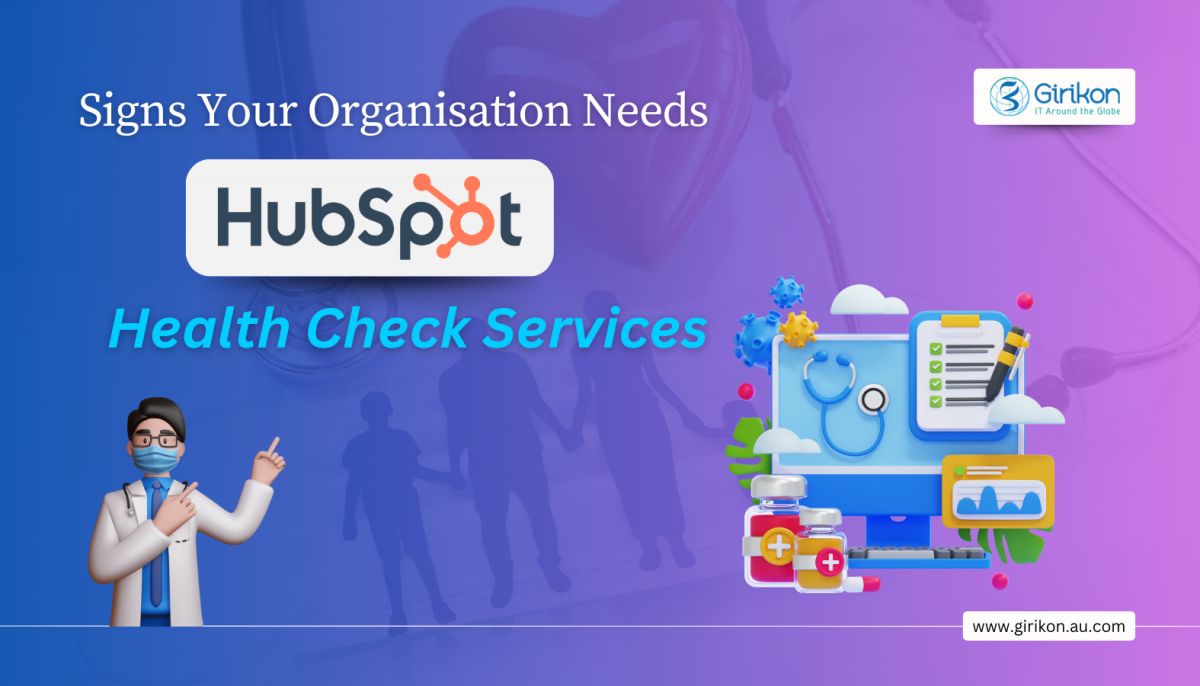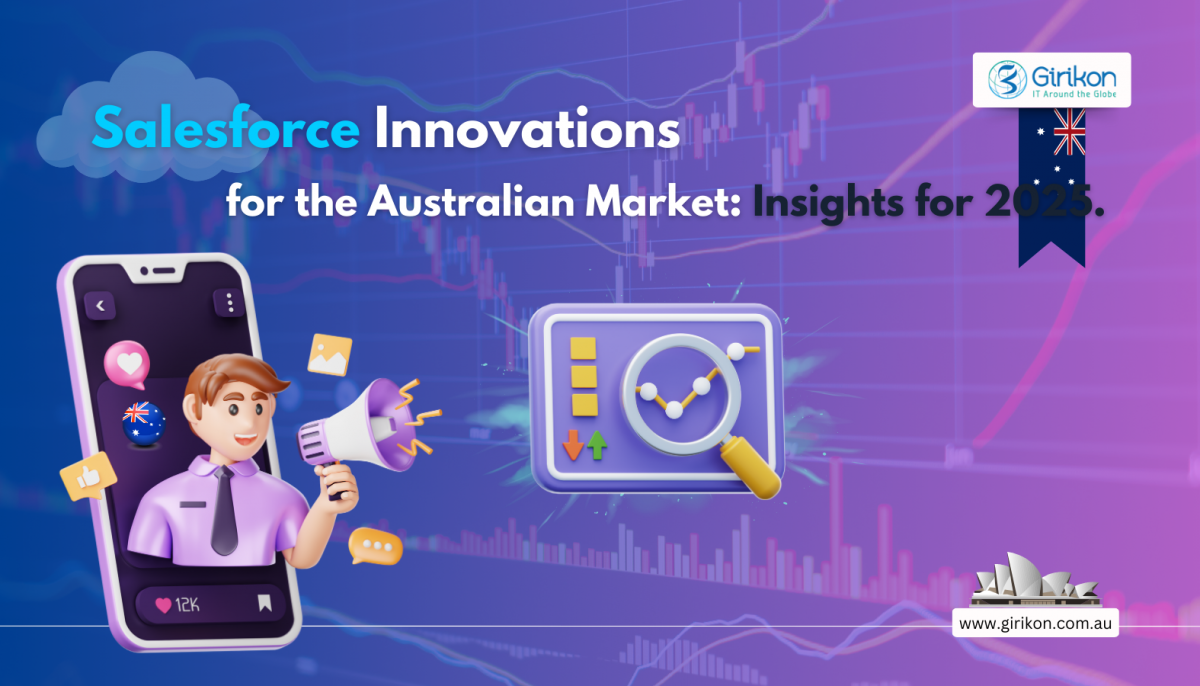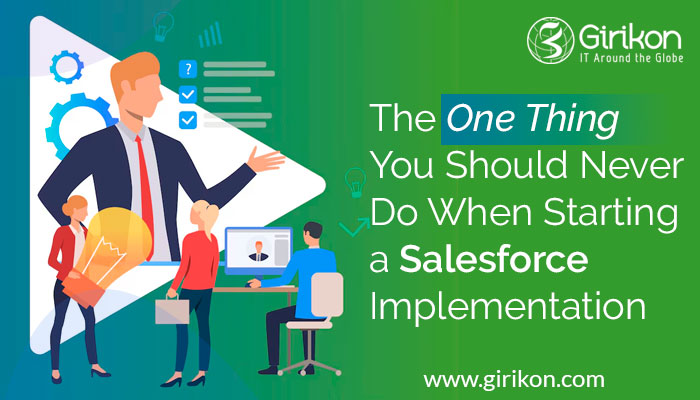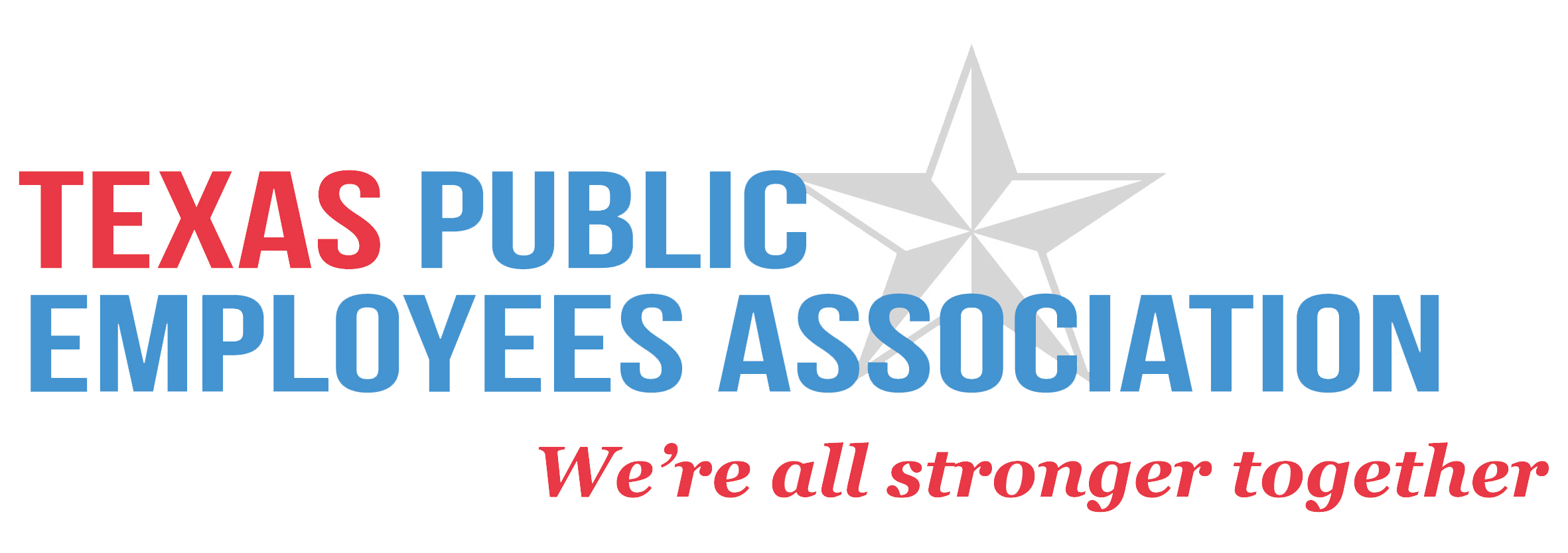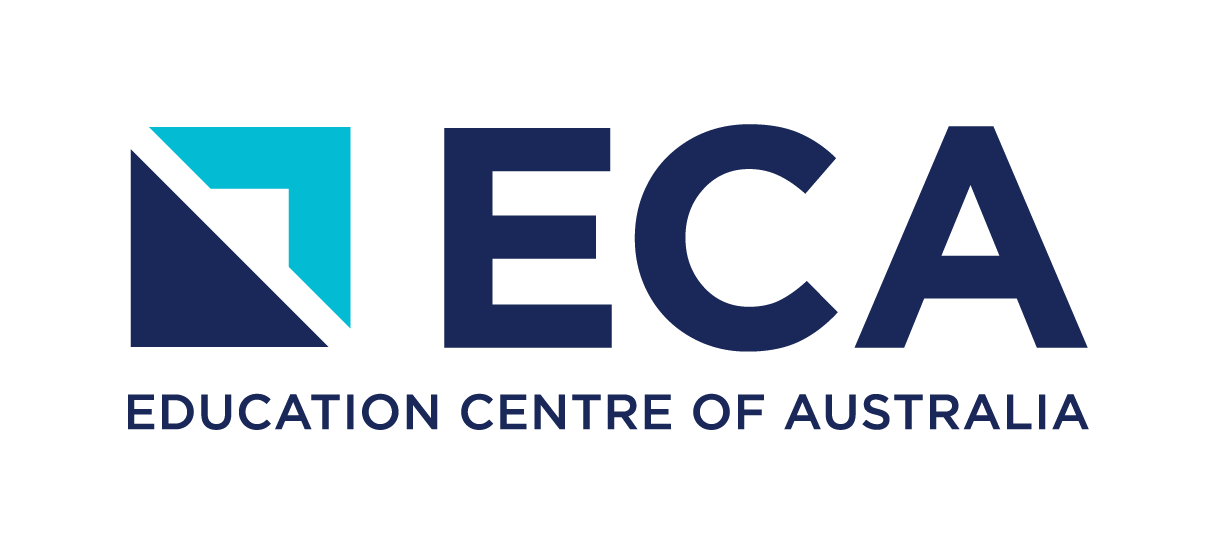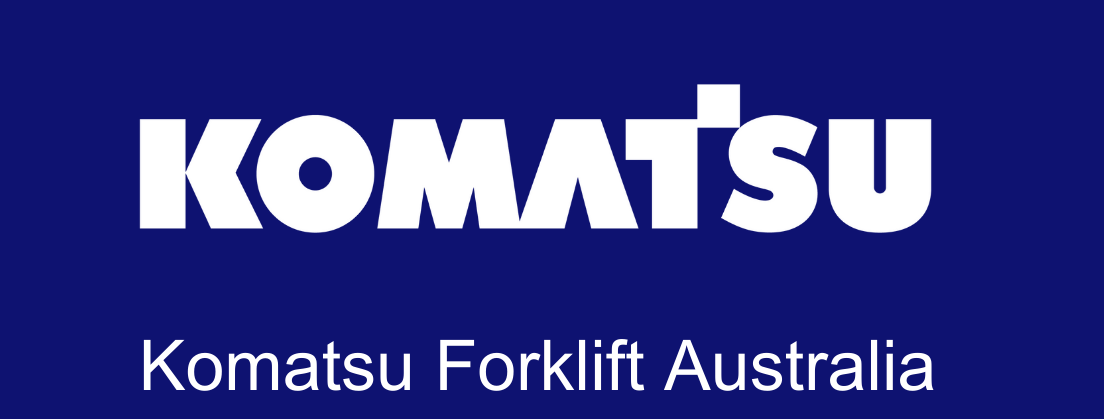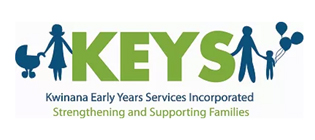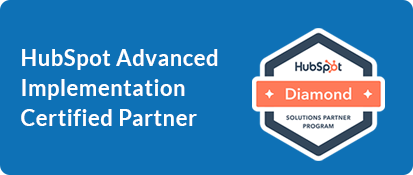Our Blogs
Table of content
- AI applications in government- AI in government examples
- Benefits of upskilling the government workforce
- The future of AI in government
The AI revolution is here, so it’s a great time to see how AI in government can make things run more smoothly for businesses as well as the general public.
For government and public sector establishments, there are obvious ways for them to leverage AI to make their work more efficient and serve people in better ways. Efficient and intelligent data processing, cyber security, and strategic planning for public services are a few of the many areas where AI can add transformational value.
In today’s AI context, public service organizations have a great opportunity to make people aware of the potential value add AI can bring to government services. This AI explosion opens up a plethora of opportunities for government workers to learn new skills and build a secure future. Acquiring some of the many in-demand AI skills will enable government workers to serve the public better, thereby establishing a greater level of trust between the public and the government.
One of the major concerns surrounding the emergence of this disruptive technology and the associated investments being made into it, especially in the private sector, is an acute shortage of AI skills. A SAS survey amongst business leaders across major U.S. firms extending over nine sectors, government included, indicated that almost 2 out of 3 (63%) of respondents believe they don’t have the requisite AI and machine learning human resources.

This skills gap along with the full-throttle approach in AI by leaders in the private and public sector is a cause of concern for the workforce.
In March 2023, Goldman Sachs predicted that AI could potentially replace up to 300 million jobs across the globe and affect nearly 20% of the global workforce. In fact, it would even impact jobs that were thought to be automation-proof, like administrative and legal.
Having said that, it’s evident that AI will create new jobs, but what is the proportion of the jobs that are displaced as against new ones created? Future of Jobs Report published by The World Economic Forum says 3 out of 4 companies surveyed in their research intend to adopt AI, with 50% of businesses believing it will lead to job growth while 1 in every 4 said it will lead to job losses.
As AI takes over an increasing amount of basic-level, mundane tasks, it is critical to assess the impact on the workforce that is affected by this change, and for them to acquire new skills relevant to this new paradigm to evolve to be more productive at work. There’s a great opportunity for your business to embrace AI in government, but first things first. You need to equip your workforce with adequate AI training and must secure the foundational data that AI will work on.
Data integrity and harmonization are the starting steps to ensure your business is ready for an AI-optimized future. It is also an area in which employees can upskill themselves and evolve as AI takes away traditional human-based workflows from lower-level tasks.
AI applications in government
AI has the power to drastically improve the efficiency of government operations to better meet the needs and expectations of its citizens. There is virtually no limit to applicable use cases, from the management of public safety services to the delivery of health services to processing endless paperwork that notoriously chokes up almost every government organization.
Health departments are leveraging AI to expedite clinical drug trials and prevent the next pandemic.
Public safety organizations are using AI to streamline operations and analyze data.
The list goes on: Identifying deficiencies in existing infrastructure and determining the most effective ways to fix them; identifying effective ways to deploy safeguards to detect fraud; self-service capabilities for citizens, streamlining court backlogs, and more.
The wide scope of AI in government necessitates the need for a huge digital-ready workforce. And one of the biggest challenges for public service organizations to fully embrace this emerging technology is the acute lack of data management skills within their own workforce.
The government workforce has no training in requisite data science and AI skills to handle the enormous scale of public data and build best-in-class AI models that will eventually benefit its citizens.
How do we ensure that public sector workers don’t feel lost, or what’s even worse, feel left behind with all the rapid changes happening around them? And how do we give them access to relevant tools that make them feel relevant and safe? This is particularly important for public sector agencies that have the added responsibility of maintaining very high security standards.
Adequate training about using AI responsibly is the next logical step for public service organizations to help them serve their people better.
AI in government examples
Now that you know about the significance of AI education, let’s have a snapshot of how other organizations across the world are handling this change.
In 2018, Finland launched Elements, free online courses purpose-built for the common public to introduce them to AI basics. The courses contain resources for self-paced learning, interactive content, task-based activities to teach concepts, AI usage methods, and limitations of AI technology. The Finnish government committed itself to educating at least 1% of its population, a target which they met and exceeded quickly. The courses are now available in over 20 languages, and the added benefit of online access meant that over 1 million people around the world were able to complete them.
Along similar lines, AI Singapore launched the AI for Everyone program, a nationwide initiative by the government to empower its citizens and organizations with the necessary AI and machine learning skills to use them for social benefit. It includes AI courses and workshops and provides financial assistance and incubatory support for AI projects aligned with social impact.
In the U.S., lawmakers are making steady progress in passing legislation in Congress to develop an AI training program for senior federal officials and management officials. This legislation (once it becomes law) will help federal leaders weigh the risks and rewards of using AI technology and ensure that its usage is aligned with agency missions and the needs of the communities they serve.
Benefits of upskilling the government workforce
Employees with the right set of “current” skills are vital to effective and efficient governance. The employee experience has a direct bearing on the consumer experience, as was corroborated by a Salesforce survey which found that only 18% of people said that the consumer experience was a priority for the government.
The survey also revealed that nearly 3 out of 4 (73%) workers don’t feel adequately equipped with relevant and appropriate resources to learn new digital skills required to succeed in today’s context. It is evident though that empowering the public sector workforce with the requisite skills to leverage AI enables them to deliver compelling experiences to the public.
This means that there’s a massive opportunity to upskill the public sector workforce to unlock the opportunities in AI in government. This not only translates to job security for the workforce in a time of uncertainty but also enhanced experiences for the citizens they serve. Eventually, this is an opportunity to build public trust, ensuring that the government is doing everything in its power to best serve its people.
The future of AI in government
One of the primary ways for public sector organizations to be AI-ready is by unifying and harmonizing all their data. The thumb rule to remember is that AI tools are only as good as the data they draw upon and the people steering the development of the technology.
When your data is unified, harmonized, and connected, you can unlock the true value of AI and automation, powered by intelligent real-time insights. This will help you deliver exceptional experiences that not only further your organization’s mission, but also build trust and confidence amongst the people you serve.
With many private businesses hiring a Chief Data Officer to transform their overall data management strategy, the importance of this function cannot be ignored. Not only does this role require data management expertise, but it also includes the overall responsibility of ensuring the ethical use of AI technologies.
Trust is the foundation of successful and effective AI in government, and that means the importance of data integrity and data security cannot be understated. That creates opportunities for public sector agencies to put in place foundational frameworks to analyze and harmonize large data sets, implement strong security measures, and develop new data modeling techniques to prepare for an AI-focused future.
As the public sector agencies embrace AI and automation to improve service delivery, it is vital to maintain transparency and build trust amongst the people they serve. Government agencies need to understand and manage the AI lifecycle effectively and continuously fine-tune their models. By adopting responsible and ethical AI practices, we can all improve and grow together, and it is an opportunity for governments to lead the way as they harness the potential of AI for the greater good. Want to learn more about how to leverage Salesforce consulting services to drive productivity in your public sector organization? Connect with a Salesforce AI Services expert today.

 +61-1300-332-888
+61-1300-332-888 +1-480-382-1320
+1-480-382-1320